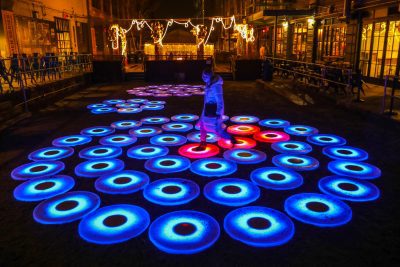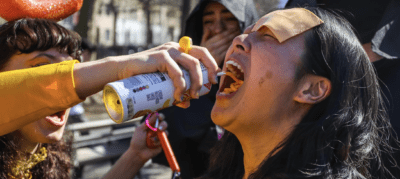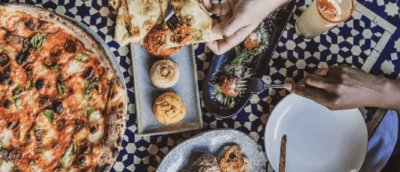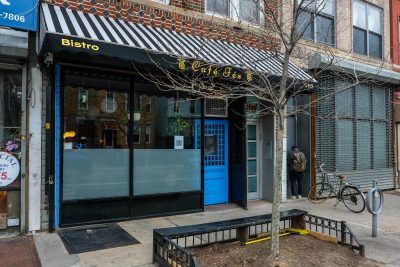Anne Young (photo by Hao Nguyen)
BIAS NYC is bringing K-pop to Brooklyn nightlife
Inside a queer-friendly party series for Korean pop fans at Bushwick’s Mood Ring
Getting to the dance floor at a BIAS NYC party is no small feat. A tight, gyrating crowd stands between you and the floor, bodies seismically shifting with the opening notes of every new song. Once you’ve made it in, you’ll experience a unique fusion of club beats and throbbing Korean pop that has electrified this corner of Brooklyn’s nightlife scene.
“K-pop has always been such a special thing for queer Asian people,” says Sammy Kim, a self-styled sex liberation activist and one of the party’s organizers. The genre’s saturated aesthetics, high production value, and fresh/campy takes on pop have primed it for queer fandom. With little official gay representation in K-pop, though, BIAS NYC events have emerged as physical spaces for queer Asian people to enjoy K-pop with each other, centering “joy, celebration, safety, and healthy connection among people — not any kind of hierarchy or elitism.”
A collective of Asian-American organizers, performers, and DJs, BIAS NYC is a dance party series founded by Kim and Julian T., a DJ who goes by KA WAI, held regularly at queer hotspot Mood Ring in Bushwick. Though the group’s party series only kicked off at the end of 2022, BIAS NYC’s origins can be traced back to lockdown during the pandemic, when KA WAI was living alone and went down an online K-pop rabbit hole.
“There was so much time,” KA WAI explains. “I listened to a song. I liked it. I watched the video. Then, I started watching the performances. A little after, I started watching all of the different content that was out there.”
For many K-pop fans like KA WAI, music is only one point of connection. From collectible photocards to episodic lifestyle reality shows, the Korean music industry produces a diverse range of content for rabid international online communities.
When KA WAI, a self-described club kid and Brooklyn-based DJ, considered returning to the party scene after clubs began to reopen, he wanted to honor the music he feels is “pushing the frontier of pop production.”
“How can I do the club music that I love and inject it with K-pop?” he asked himself.
Reaching out to his network of K-pop fans who also moonlight as nightlife workers, KA WAI connected with Kim, a fellow K-pop fan and Brooklyn club kid. As a Korean-American, Kim describes K-pop as “always being part of my life — just kind of in the background.” It wasn’t until they got a little older, however, that they took a deeper interest in K-pop’s “media-frenzied culture.”
For Kim, the increasing globalization of Korean media means that K-pop fandom on this side of the ocean is often relegated to the digital realm. “I feel like K-pop can be so internet culture because you just listen to it on your phone or watch it on your phone,” Kim says. “We wanted to create a physical space for us to enjoy K-pop with other people and bring it to life.”
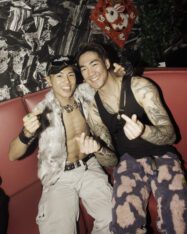
From left: Sammy Kim and KA WAI (Hao Nguyen)
In search of a concept
To pull that off in Brooklyn, though, both Kim and KA WAI knew that it would take more than a curated K-pop playlist and a smoke machine. They needed a concept (a common K-pop term used to describe a release’s overall theme). They settled on the concept of “bias,” a common term that refers to a fan’s favorite member of a given K-pop group — but also hints at a deeper meaning.
BIAS NYC, as it would be officially called, aims to bring K-pop fandom and its potential for in-person connections off the internet and into the physical world. “What we really want is a community,” says KA WAI. “We want to be able to connect with folks, and K-pop is the thing that can bring us all together.”
At the latest event, on March 4, the theme was third-generation groups like BTS, Blackpink, TWICE, and Red Velvet. Roughly 400 K-pop fans from all over New York City united to celebrate the genre and the culture that surrounds it. The experience of dancing along to a K-pop song you’ve only heard through headphones with a crowd that can sing along to every word is disorienting and unmistakably euphoric, especially for the many queer Asians that attended the party.
After performances from Asian drag artists Anne Young and Kim Lips, partygoers cleared the floor for a playful dance competition. Fans of different K-pop groups recreated the official choreography of “How You Like That” by Blackpink and “Peek-A-Boo” by Red Velvet, with K-pop-themed merch from Aegyo Apparel going to the crowd favorite. As diverse groups of fans emulated their favorite idols and danced for a delighted crowd, the night was just as much about humor and intimacy as K-pop music itself.
“When we talk about our biases, we’re actually talking about ourselves,” says Kim. “We’re talking about what really compels us and moves us in this world. That’s what K-pop does; it brings people together.”
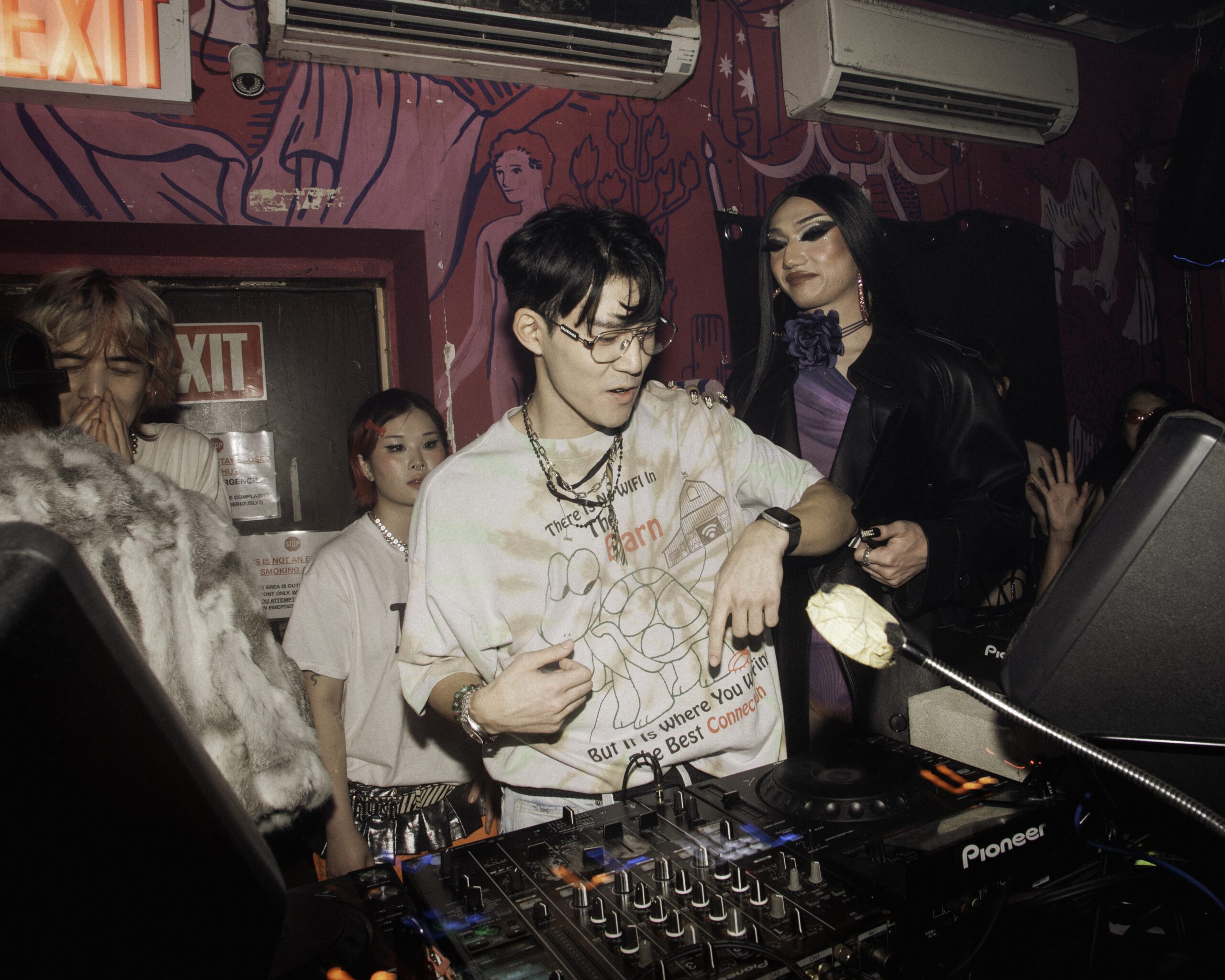

From left: Boneless Pizza, moong!rl, antéwoo, SNIX (Hao Nguyen)
The next BIAS NYC event will be held next month on a date yet to announced.
You might also like 


















